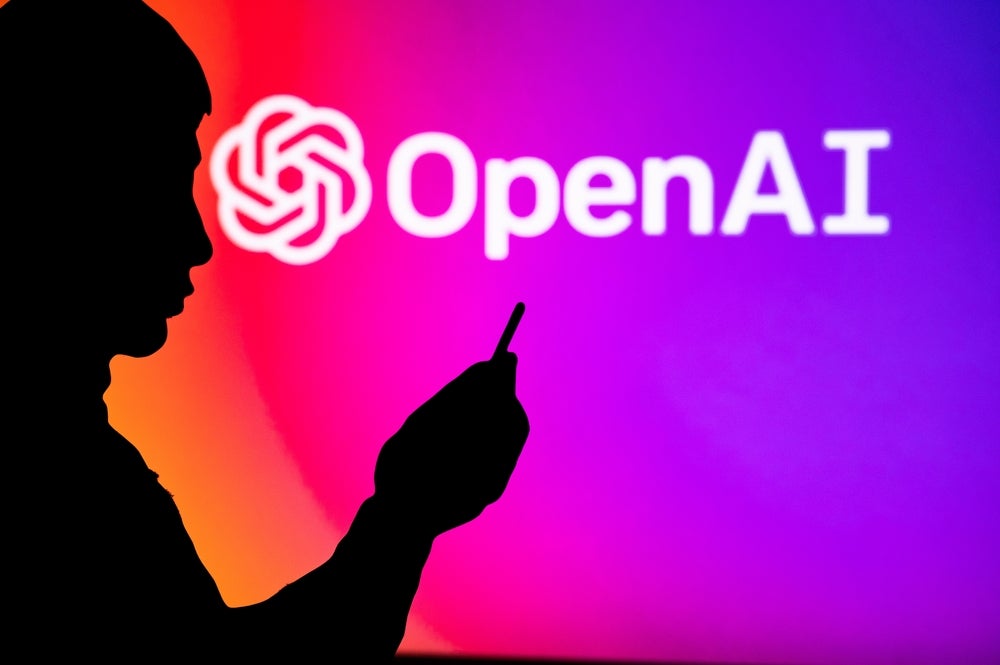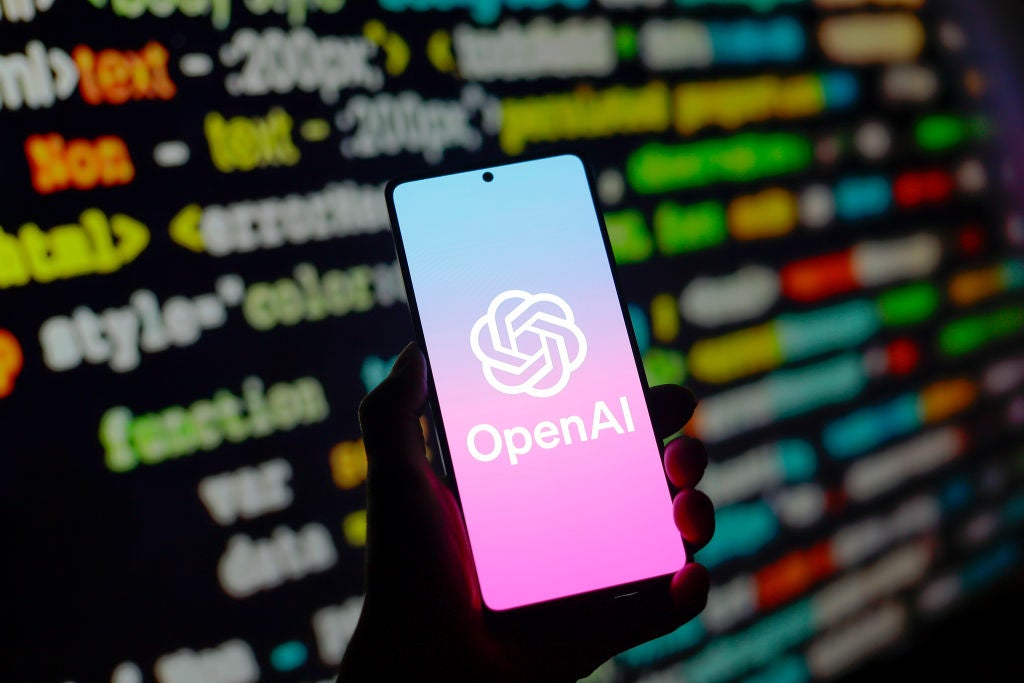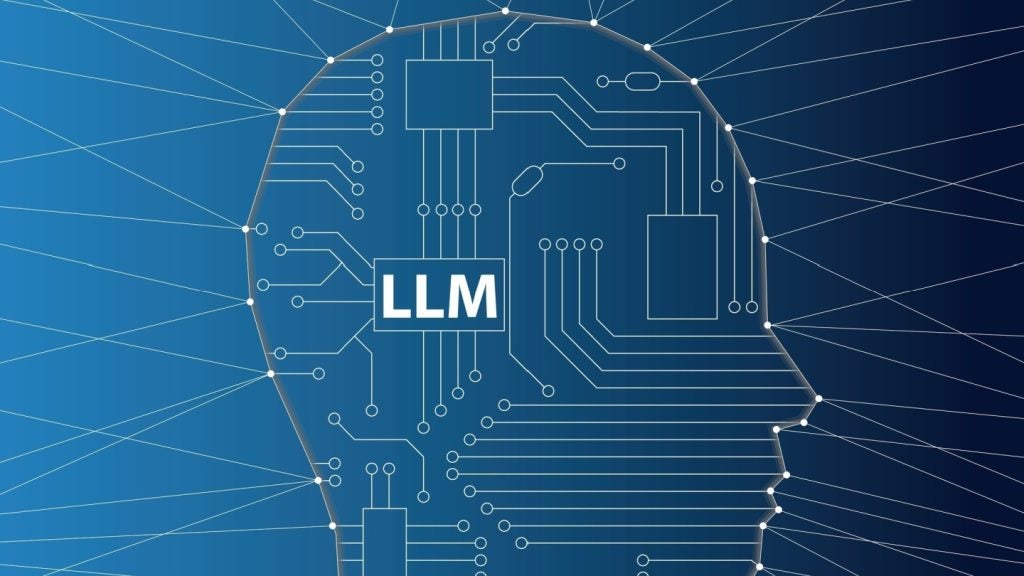
The soap opera that unfolded last week (17 Nov) around OpenAI CEO Sam Altman’s unexpected sacking, then reinstating, must rank as one of the most dramatic weekends in technology news in recent years. The saga managed to capture the attention of both the tech-savvy and mainstream media and has significant implications, not just for OpenAI but for generative AI (GenAI) as a whole.
The centrality of OpenAI in the GenAI narrative cannot be overstated. To many, OpenAI is synonymous with GenAI, and Sam Altman personifies OpenAI. Of course those who understand the technology know that though OpenAI is the current frontrunner and the momentum is with them, it is no guarantee that they will be the eventual winner in this arms race. Anyone who remembers MySpace, Blackberry, or Kodak will know that even giants in seemingly unassailable positions with a “first mover advantage” can rapidly fall by the wayside.
The uncomfortable truth acknowledged even by Google researchers is that no single entity, not even OpenAI, is guaranteed to dominate this field. The comparison with Linux in the server world is an example. Open-source technology might, indeed, eventually lead the way.
With all this, you also have to remember that OpenAI is an eight-year-old company that only has 770 employees and only made its main product, Chat GPT, available to the public less than a year ago. That’s astonishing given their current impact – which we think is unjustified.
One thing is certain, OpenAI’s inflated dominance made for an uncomfortable weekend for any tech leader who has staked their company’s future on the Open AI Enterprise platform. So what do concerned OpenAI-dependent tech execs need to know, right now? Five things.
- Whether Sam Altman is fully back or not, it’s clear there is a divide inside the company that will not be solved soon, and that means a potentially high turnover. So, it is not long before OpenAI’s secret sauce starts being used by competitors.
- Other models are improving significantly each month, regardless of that secret sauce.
- OpenAI products are commercially unviable for certain use cases, meaning they’re not necessarily the right choice anyway: it’s all about choosing the right model for the use case rather than the most famous or largest model.
- Vendor lock-in must be avoided at all costs if you don’t want to be bankrupt in two years, especially for large organisations with non-technical users, in fields where risk must be carefully controlled, such as law, and where onboarding users onto new platforms is the most expensive.
- Being reliant on GPT models is fine, as long as GPT is only one of the models you are using and you plan to widen that circle as models get better. Being reliant on Open AI’s infrastructure is, on the other hand, dangerous – it will make it very difficult for you to incorporate any other models into your flow as Open AI will have no incentive to promote other models on their platform.
The OpenAI drama should prompt companies to revisit how they are going after generative AI, remembering that it’s a new tech and new industry, where hedging bets will avoid deep, unnecessary costs. Whatever investment companies make in generative AI infrastructure, they need to make sure that models can be easily changed. Companies can’t afford to recycle the infrastructure each time they change the model.
In the coming years, we can expect diverse large language model (LLM) methodologies to emerge, driving down costs. Market leaders will change; while it’s GPT today, Alpaca might lead tomorrow. And so the most important thing businesses can do right now is to build in the flexibility to switch between these options. The concept of “forking” in LLMs will also become prominent. This involves adapting a base model like Llama for specific applications, such as Scottish law or unique financial challenges. As the field evolves, we might see hundreds of thousands of forks, each crafted for distinct roles. And there, cost optimisation and the ability to run multiple models for a solution will be a very important component of success.
How well do you really know your competitors?
Access the most comprehensive Company Profiles on the market, powered by GlobalData. Save hours of research. Gain competitive edge.

Thank you!
Your download email will arrive shortly
Not ready to buy yet? Download a free sample
We are confident about the unique quality of our Company Profiles. However, we want you to make the most beneficial decision for your business, so we offer a free sample that you can download by submitting the below form
By GlobalData






